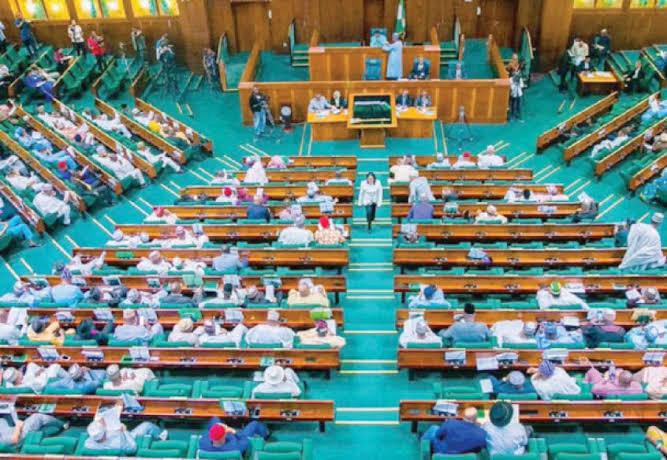•Over 60 legislators back bill
Jude Johnson
In a historic move aimed at reshaping Nigeria’s political landscape, lawmakers from various party affiliations and regions have come together to present bills advocating for constitutional alterations to transition the country from a presidential system to a parliamentary system of government. Over 60 members of Federal House of Representatives is backing the bills.
In a press statement obtained by Global Sentinel at the weekend, the proponents of these bills outlined their vision for a new governance structure that they believe will address longstanding challenges and unlock Nigeria’s full potential.
The proposed alterations seek to replace the current presidential system with a parliamentary system at all levels of government – federal, state, and local. Key highlights of the proposed changes include:
- Shift in Executive Leadership: Under the proposed system, the President would be replaced by a Prime Minister, who would serve as the Head of Government. The office of the President would transition to a ceremonial role. Both the Prime Minister and other elective offices would be chosen from elected members of the legislature.
- Legislative Elections: The process of electing Governors and Chairmen of Local Governments would be shifted from general elections to voting within their respective legislative bodies.
- Streamlined Administration: The proposed changes aim to reduce bureaucratic hurdles and foster closer collaboration between the executive and legislative branches of government.
Proponents of the parliamentary system argue that such reforms could lead to a more accountable, responsible, and responsive governance structure, ultimately reducing the high cost of governance and promoting national development.
Speaking at the press briefing, Rep. Abdussamad Dasuki, the spokesman for the Parliamentary Bill Sponsors, emphasised the need for robust public debate and stakeholder consultation on the proposed alterations. He called for informed decision-making and constructive dialogue to ensure that Nigeria’s governance system reflects the aspirations of its citizens.
He said that the unveiling of these bills marks a significant step towards initiating a national conversation about the future of Nigerian governance. Lawmakers hope that by igniting public discourse and raising awareness about the proposed changes, they can pave the way for a system of government that better serves the interests of the nation.
As the debate unfolds, all eyes will be on Nigeria’s political landscape, awaiting the outcome of this historic legislative initiative.

